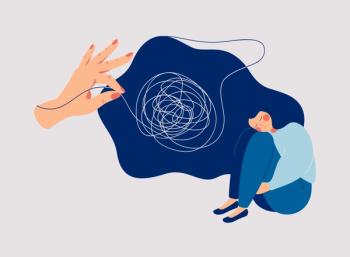
Three new trials suggest a novel antidepressant hides inside the blue-skinned fruit.

Three new trials suggest a novel antidepressant hides inside the blue-skinned fruit.
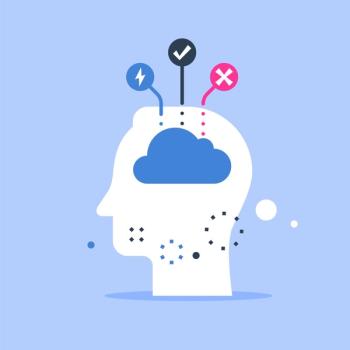
Is it possible to use cognitive testing, which is brief, easily performed, reliable, and noninvasive, to identify individuals at risk for psychosis?

How do men versus women with schizophrenia fare clinically, functionally, and neuropsychologically over the long term?

Selfhood: a complex and continuously evolving identity that is anchored in the patient's history and dependent on language and memory. But there is so much more.

For decades, it was thought the brain was a fixed structure, and not able to be renewed or regenerated, but science has since proved otherwise.
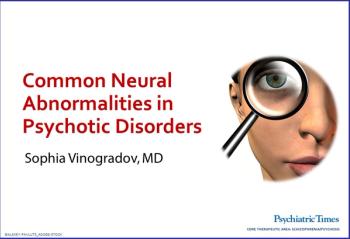
Although the clinical symptoms of psychotic disorders are dramatic and are what most clinicians focus on as their treatment targets, impairments in a wide range of cognitive function are observed in these illnesses.

A meeting with the Dalai Lama sends a researcher on a new path.
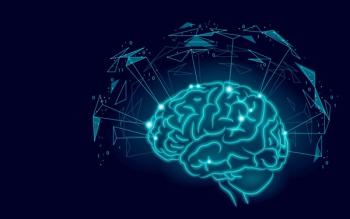
A recent finding that ADHD can begin in adulthood has surprised researchers. Here are reasons why it may be wrong.

Be on the lookout for these novel psychoactive substances.
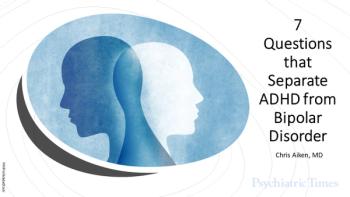
What are they key differences between ADHD and bipolar disorder? How can they be identified?

Our basic science knowledge of the brain continues to explode beyond what science fiction of the past has predicted.

Although normally associated with children, attention-deficit/hyperactivity disorder can also persist in adulthood, presenting challenges to both patients and clinicians.

The genome combined with experiences make a person who they are. 80 billion neurons connect to 1,000 to 10,000 synapses, and all of those minuscule connections form a person.

The authors make the case for national education mandates from accreditation organizations and congressional support to require enhanced education of all clinicians who care for older adults.

Learning from past disasters, psychiatrists are taking center staet in helping patients, family members, first responders, and other health care professionals affected by the COVID-19 pandemic.
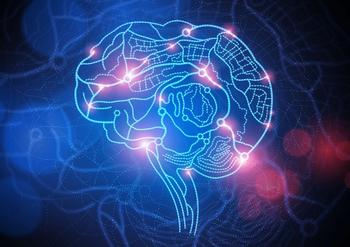
Fragile X syndrome is one of the most common inherited causes of intellectual disability, right below Down syndrome. How are basic science findings being translated into treatments for patients with neurodevelopment disorders, like Fragile X syndrome?
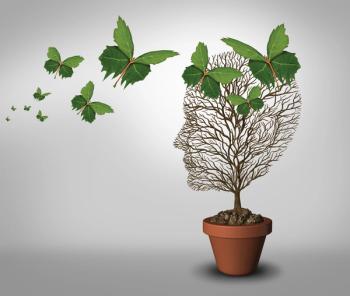
A recent study presents new findings on the connection between psychiatric disorders and Lyme.

Often misdiagnosed as other psychiatric disorders, FTD is the third most common type of dementia and the second most common among patients 65 years or younger. How to spot the signs.

Cannabis use during pregnancy is associated with a host of negative outcomes.
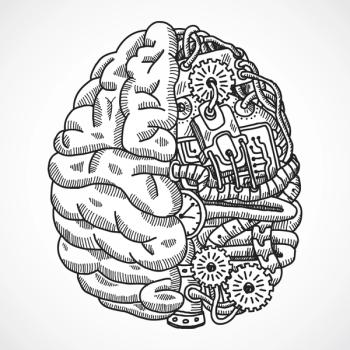
In the early 20th century, British and American doctors looked for the causes of mental illnesses elsewhere in the body, with gruesome results.

Psychiatry, at this moment anyway, remains blood-test and imaging-free. It offers the last frontier of semi-free thought to the thinking person who wishes to enter medicine. More in this opinion piece.
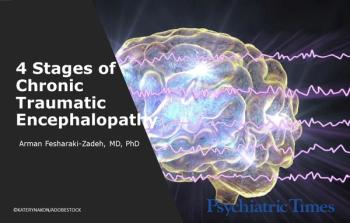
A 59-year-old man with a history of multiple concussions has been having a series of neurocognitive symptoms for the past several years. Discover more in this case.
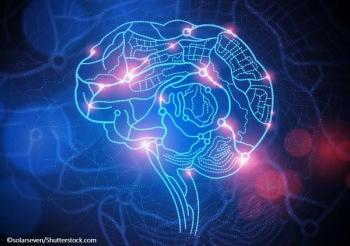
In comparison to the classic presentation of schizophrenia, ANMDARE features a later age of onset, female predominance, visual hallucinations, relative lack of cognitive disorganization, and a lack of an extended prodromal period.

The biggest challenge we have faced thus far has been a three-fold rise in requests for assistance in managing persistent delirium. Needless to say, we are not twiddling our thumbs.

British researchers find neuropsychiatric complications associated with COVID-19.